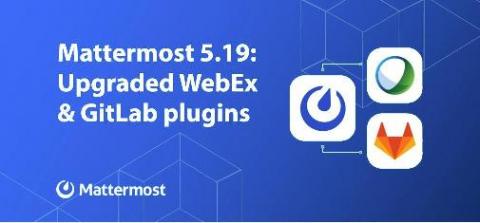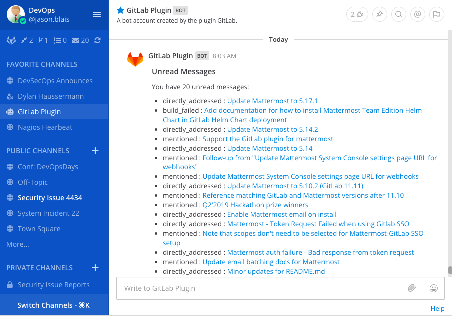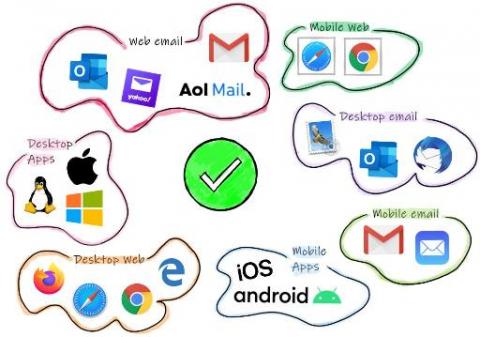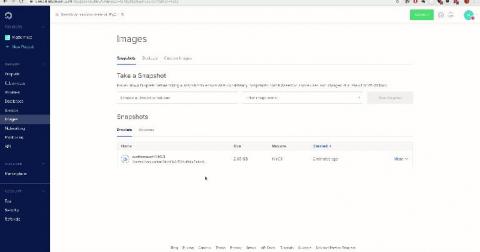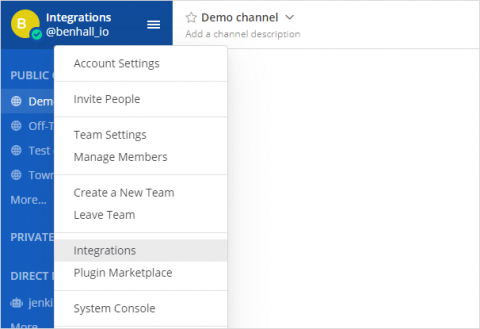Teams | Collaboration | Customer Service | Project Management
Mattermost
Mattermost | Agile Project Execution
Unit testing mmctl commands
Mattermost is starting a new open source campaign, this time around increasing the unit test coverage for the mmctl tool. The mmctl tool is a CLI application that mimics the commands and features of the current Mattermost CLI tool and uses the Mattermost REST API to communicate with the server. Using the tool, you can control and manage several Mattermost servers without having to access the specific machine on which the server is running.
Mattermost 5.19: Webex plugin, faster development cycles with GitLab, 1-click Mattermost install on DigitalOcean, and more
Mattermost 5.19 includes new features that will help your team work together more efficiently. Try these new features by downloading Mattermost 5.19 today. Since it includes security updates, upgrading is recommended.
How enterprise dev teams use GitLab and Mattermost ChatOps to accelerate development
There has never been more pressure on development teams to build software faster and more efficiently. The rise in popularity of DevOps has largely been the result of its promise to speed up dev cycles, increase agility, and help teams resolve issues more quickly. And while the availability and sophistication of DevOps tools have improved greatly in the last few years, simply choosing the latest and greatest tools is no guarantee of a smooth, problem-free development lifecycle.
Mattermost installation: The important details for sysadmins
ChatOps is about bringing conversations, tools, files, and automation into a single space. Mattermost has a number of plugins that support ChatOps and real-time DevOps workflows through integrations with developer tools like Jira, GitLab, GitHub, Bitbucket, and Jenkins. At the core is the Mattermost Server.
Install Mattermost with a 1-Click App on the DigitalOcean Marketplace
Today, we’re excited to announce Mattermost is available on the DigitalOcean Marketplace. Our 1-click install enables teams to run open source messaging and collaboration in the cloud with a frictionless developer experience.
Getting started with Mattermost integrations
Mattermost is well-known as a flexible, open source messaging platform. But what makes it even more useful is its ability to automate connections with bots and webhooks and to link up to external applications. These automations and connections are known as integrations. Many integrations are available off-the-shelf through the Integrations Directory. But there are lots of ways to create your own.
Less pain, more gain: Faster and better code testing with Mattermost
Does your team love tests? Unit tests, functional tests, systems tests, acceptance tests. They can seem like a lot of extra work, but they’re crucial to creating valuable, stable products. It’s never fun, though, when a test run breaks right before release and the scramble starts to fix the code and get release back on schedule. I can’t tell you how to not commit breaking code.





